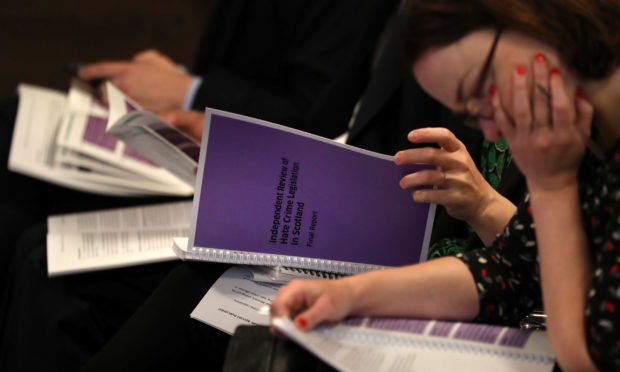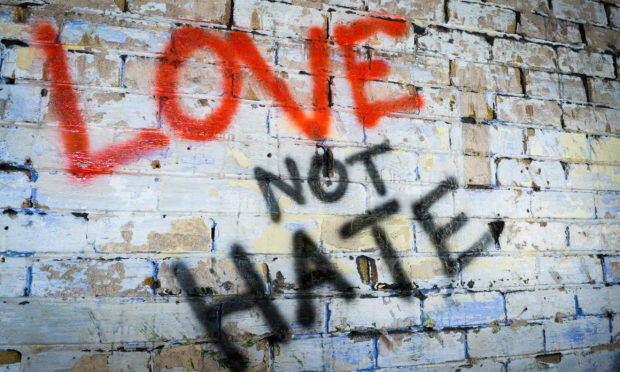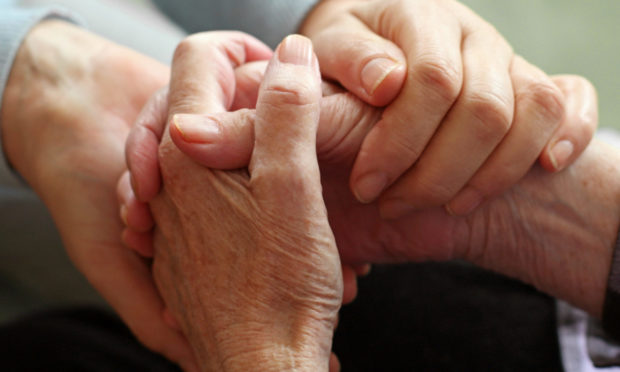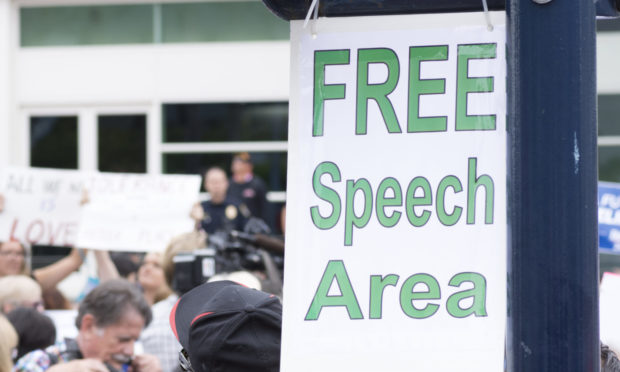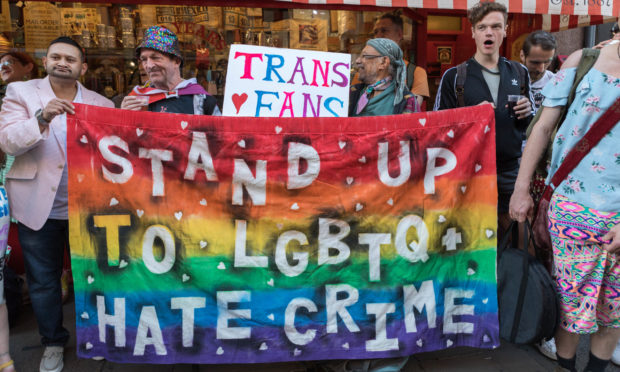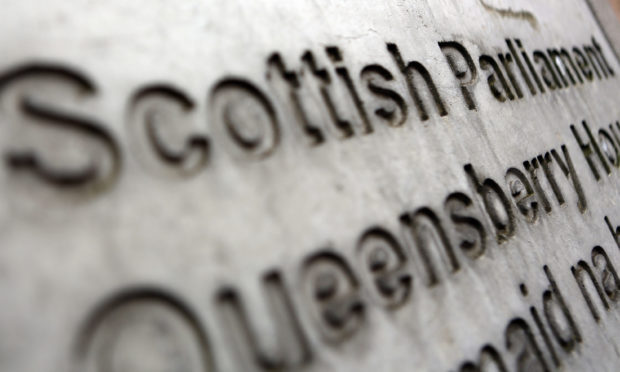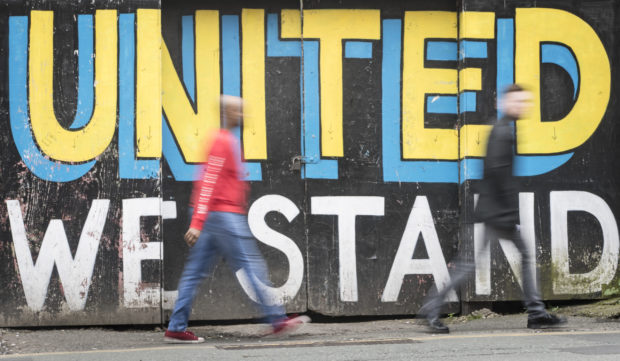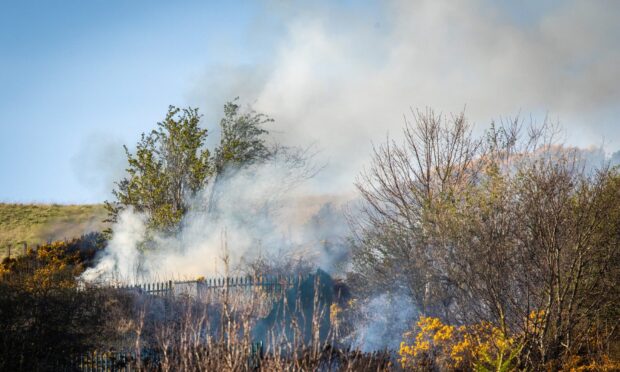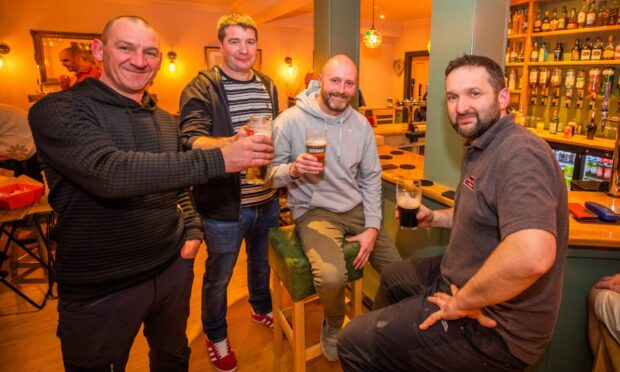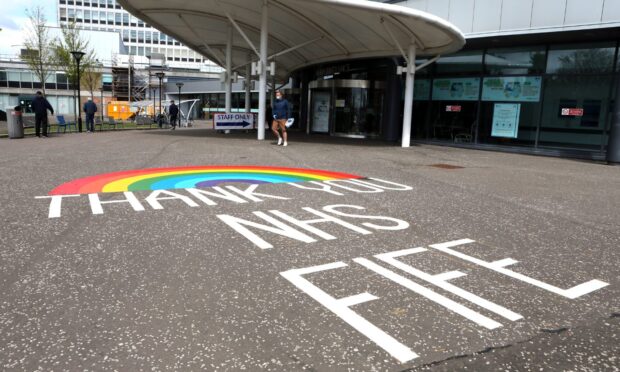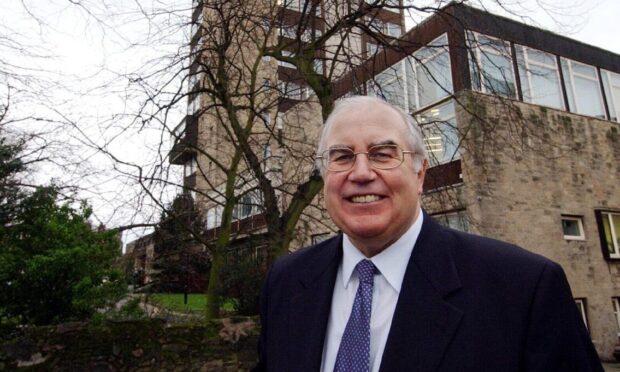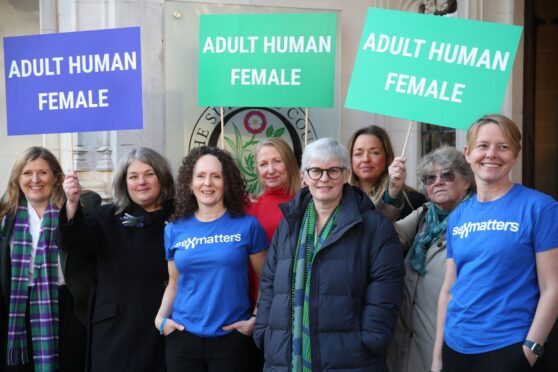A working group set up to look at misogynistic harassment should investigate online abuse amid a “dearth of data”, a women’s rights organisation has claimed.
The Scottish Government has committed “in principle” to proposing a new standalone offence on the harassment faced by women as part of its refresh of the country’s hate crime laws.
It follows a review by Lord Bracadale in 2017, whose findings recommended that gender should be added to hate crime law.
However, leading women’s organisations, including Engender and Scottish Women’s Aid, were strongly opposed to this approach, arguing gender experts had been left out of the review, and instead proposed a standalone offence on misogynistic harassment be developed instead.
Emma Ritch, executive director of Engender, Scotland’s feminist policy and advocacy organisation, said the new working group should look at misogynistic abuse online although a “real dearth of data” exists.
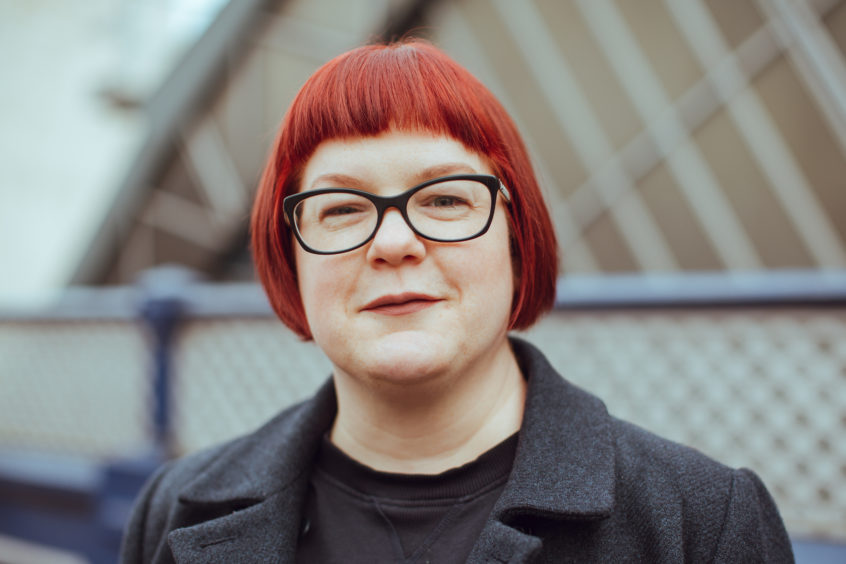
She added: “We know very little from the information the state has gathered on women’s experiences online but we do know from surveys by charities and NGO’s that women are experiencing a lot of harassment, that it substantially changes their experience of the world and given we have to be online for so many jobs, to engage with state services and socialise with family and friends, it’s not okay to just say well women should step offline if they don’t want to be harassed.
“We want to be sure the law is going to be able to protect women in Scotland who are experiencing those kinds of online based harassment.”
Women’s rights organisations were opposed to including ‘gender’ as one of the protected groups under the new hate crime laws proposed, claiming that international examples where this has been tried have resulted in only a “handful of investigations and prosecutions of crimes targeted at women”.
Instead they want to see a standalone offence created, which could see Scotland become a world leader in this area.
We don’t know if the law protects women.”
Emma Ritch, executive director of Engender
Ms Ritch said her organisation was “worried” about the lack of data in this area and want to ensure the law being created is tailored to meet the experiences of women.
“The working group is going to have to look hard at the evidence and there are enormous evidence gaps”, she added.
“We gather such little information on harassment even though it happens in education, in the street and on public ctransport and online. It really has been down to academics and certain organisations to gather that information.
“I think we need something additional and more systematic because we still have far too little information about what women’s experiences are and then how the law covers or doesn’t cover those kinds of incidents.
“We don’t know if the law protects women.”
Although gender will not be included within the Scottish Government’s proposed legislation, a working group will be set up at the “earliest date possible” to look at creating the new offence, which could make Scotland a world leader in this area.
This group will look at how criminal law deals with misogyny, including whether there are gaps in legislation that could be filled with a specific offence on misogynistic harassment.
Scottish Women’s Aid is another organisation which has pushed for a standalone offence of misogynistic harassment to be developed.
Dr Marsha Scott, chief executive at Scottish Women’s Aid, said there has been a “failure to respond to misogyny”.
She added: “What’s absolutely clear is what we have been doing isn’t working.
“What we are convinced of in Scotland is in a place to try and do something different. It would be really groundbreaking to do that.
“We have a government that doesn’t shy away from trying something new and we think a standalone offence has the best chance of actually crafting some new ground in this rather than going over and over old ground.
“Violence against women really is a hate crime in the sense it’s based on social actions of misogyny and patriarchy and yet our legal system will not deliver for women what we need if it gets shoehorned into that same definition that we’ve developed, quite appropriately, for some other protected characteristics.”
The charity chief executive said it is “particularly easy” to see misogyny and hate online but that social media has just “shone a very bright light” on existing attitudes.
She added: “People need to move away from this mantra of things have changed so much, they have changed in over 100 years but there’s still so much to do.”
In a first person piece as part of our series on the Hate Crime Bill, Justice Secretary Humza Yousaf said the Scottish Government is committed “in principle” to develop a standalone offence on misogynistic harassment.
The SNP politician added that the move offers an “opportunity to show real leadership and make clear that this kind of behaviour will no longer be tolerated”.
The Scottish Government has said its “ongoing focus” is on responding to the coronavirus outbreak but added that the remit and membership of the group would be announced at the “earliest date possible” with work beginning shortly after that has been determined.
